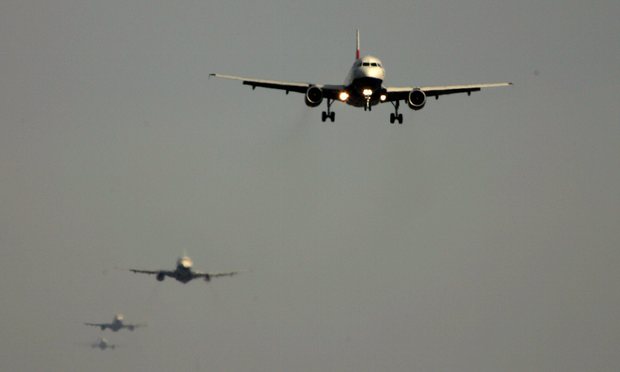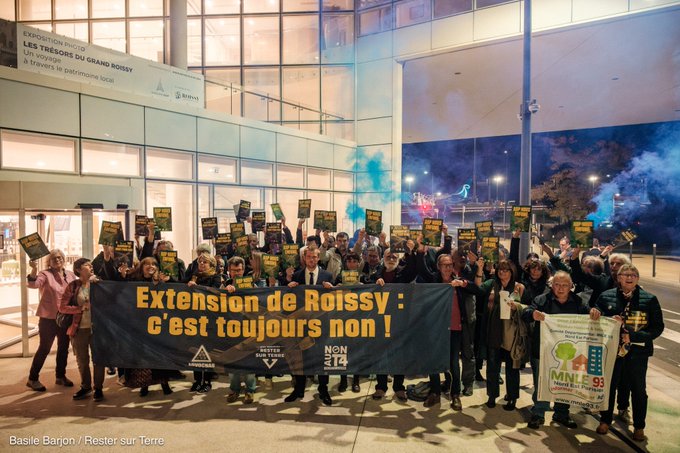Manifesto
The growing aviation sector causes serious noise and air pollution, negatively impacting the health of people living under low flight paths. Despite European regulations and technological improvements, the number of affected individuals continues to rise. Communities near airports are also concerned about CO2 and other emissions from aviation that threaten the climate. Residents’ organizations across Europe believe that aviation growth must be strongly limited to prevent undermining national climate efforts.
UECNA summons the EU:
- Noise: to ensure a substantial reduction in noise nuisances caused by aviation, starting with a reduction of night flights with a view to a total ban on night flights to allow an 8-hour night;
- Air pollution: to reduce emissions from aviation (including UFP) to protect the health of people living under flights paths and near airports, and to prevent further environmental degradation;
- Climate: to force airlines, like all companies, to reduce their CO2 emissions in the context of the Paris Agreement;
- Sustainable travel: to levy taxes on air tickets and jet fuel and to enhance comfortable train connections at competitive prices, so that many short European flights can be cancelled.
Get organized with UECNA









